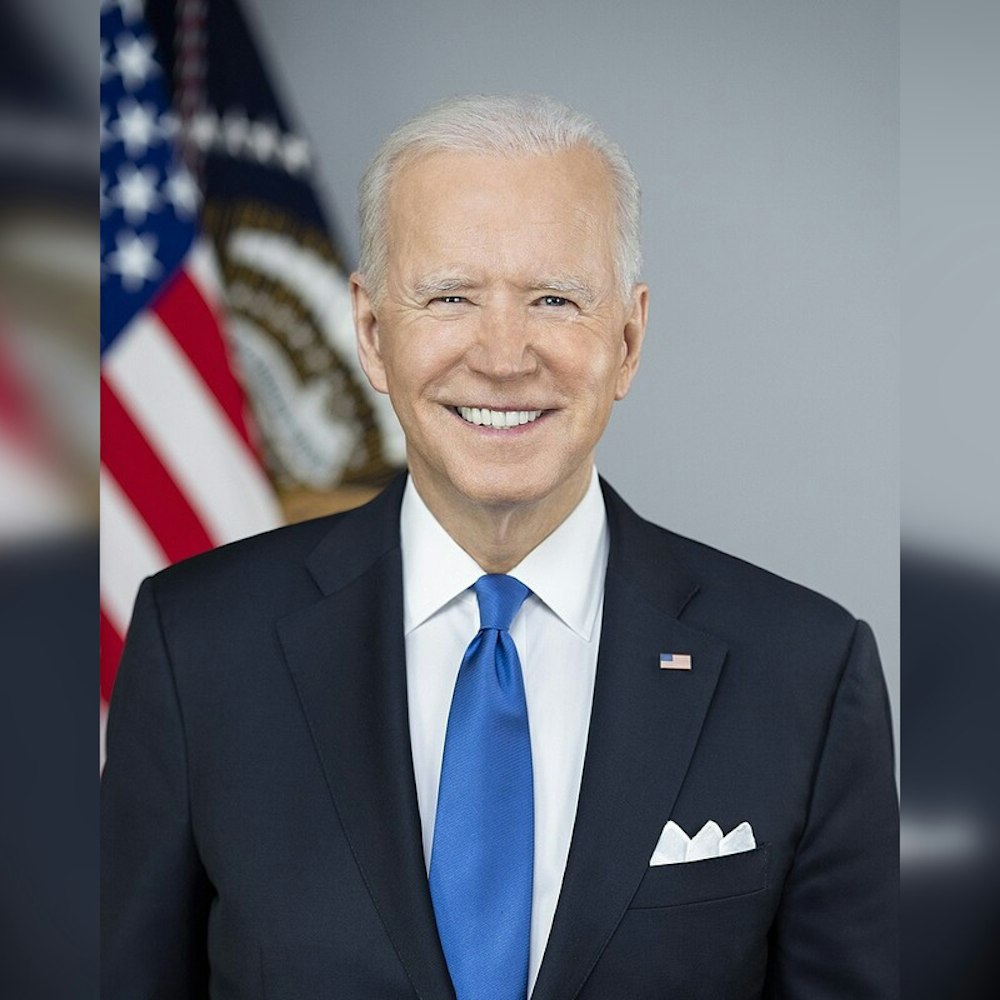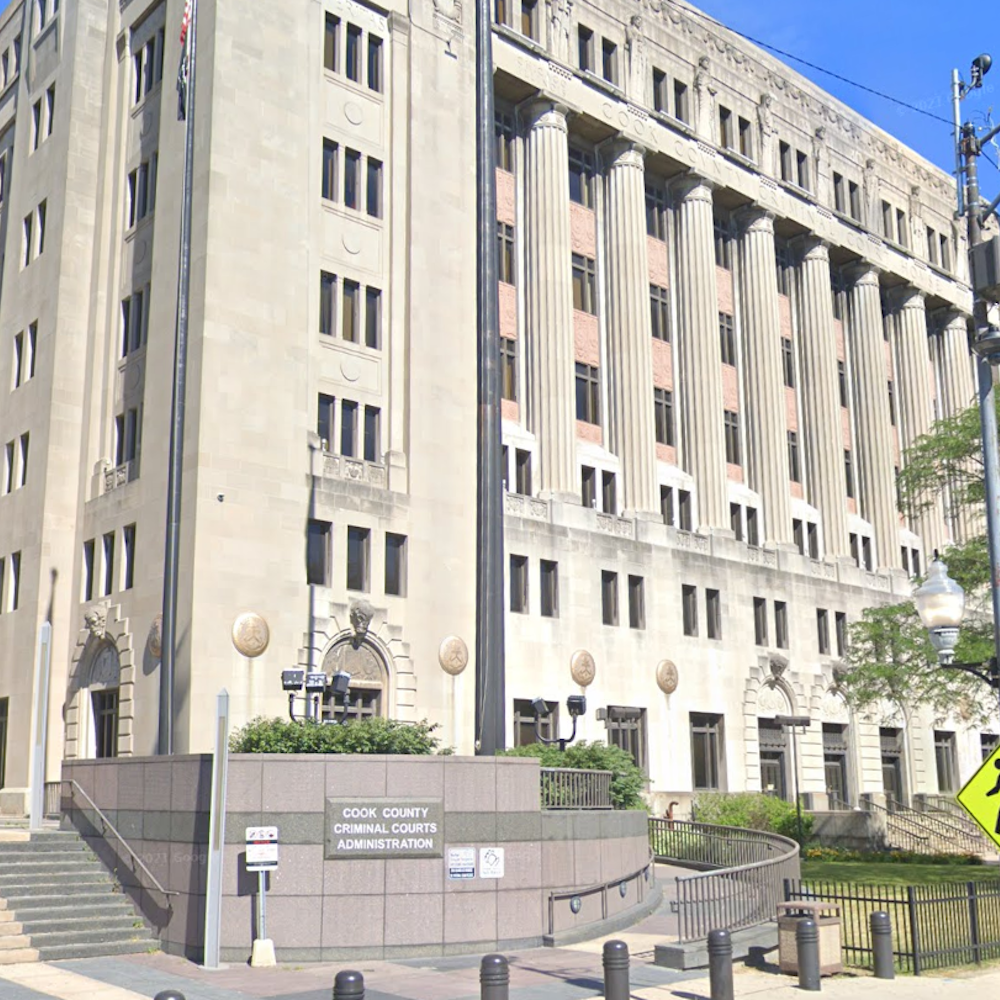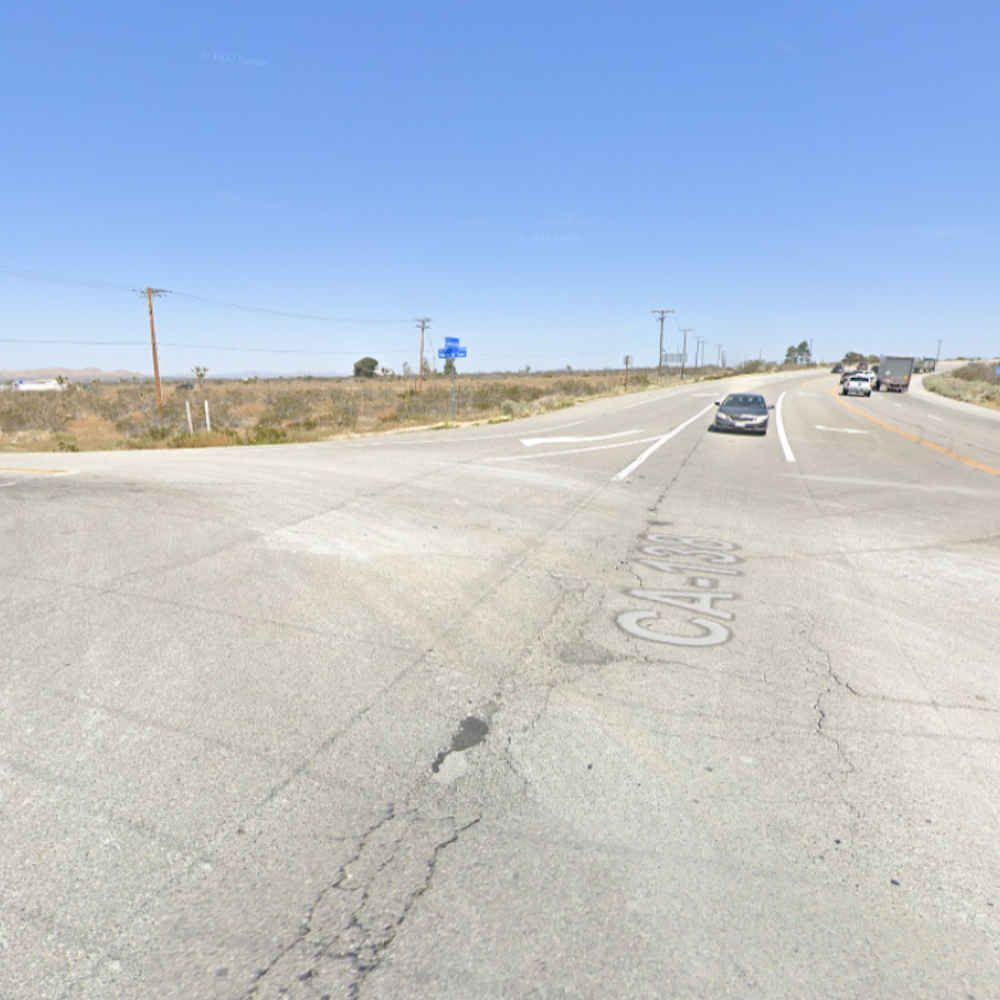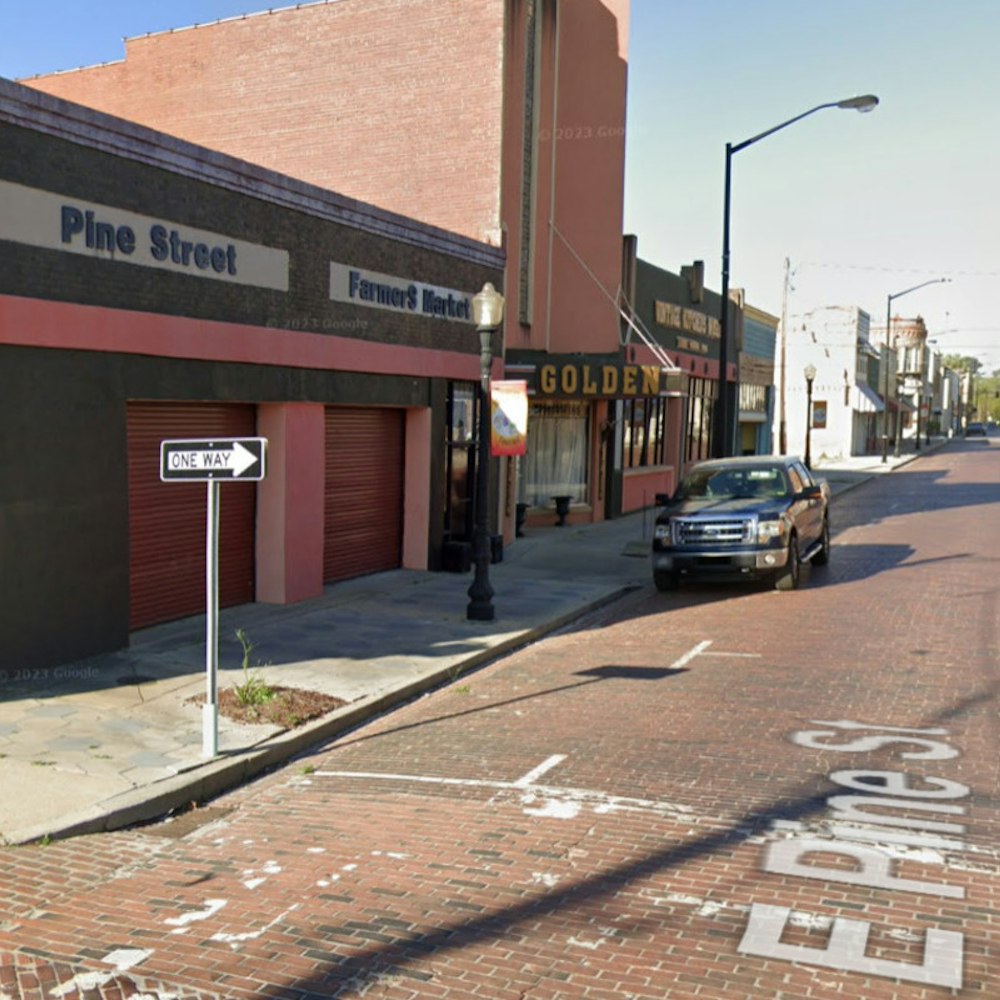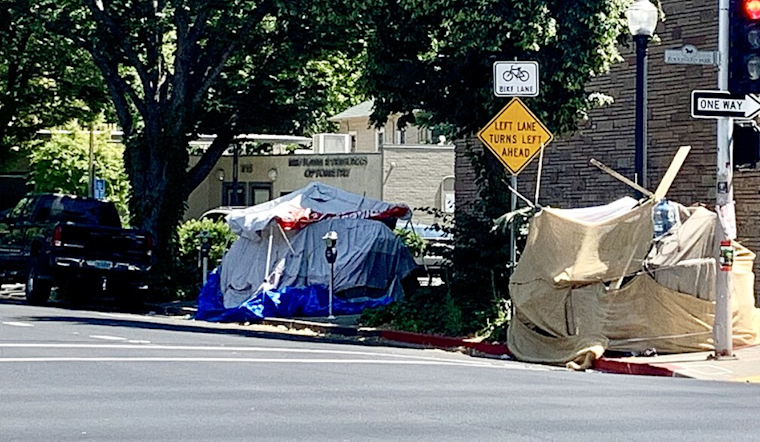
The Golden State's battle against homelessness has been marked by a staggering $24 billion spend over the last five years, with little to show for it. A scathing audit, requested by Josh Hoover last year, and carried out by the California State Auditor lays bare a bureaucracy struggling to keep pace with the ballooning crisis, as homelessness rates surged 32% in the last five years and a whopping 53% over the last decade. The audit results were extensively reported by SFist on April 9.
According to the SFist, California State Auditor Grant Parks said, "This report concludes that the State must do more to assess the cost-effectiveness of its homelessness programs." The findings are a damning indictment of a system that sees roughly $50,000 a year being spent on each unhoused individual, raising questions about direct allocation efficacy versus bureaucratic management. Despite the colossal investment, the effectiveness of these programs remains largely unaccounted for. The state and cities like San Jose and San Diego have failed to centrally track and report spending and outcomes, a fact echoed by state Senator Roger Niello, who expressed concerns over lack of a shift toward solutions that prioritize "self-sufficiency and cost effectiveness."
On the other hand, the audit did highlight some success in programs that tracked housing longevity for the homeless. Project Homekey and the Homeless Housing, Assistance and Prevention (HHAP) program were noted for their ability to assess their cost-effectiveness, showcasing a silver lining to a system that otherwise is fraught with inefficiencies. While these programs give a glimmer of hope, three other state programs, including the State Rental Assistance Program (SRAP) and Encampment Resolution Funding (ERF), raked in billions yet have no clear evaluation method to gauge success, according to the audit findings.
Governor Gavin Newsom's recent "Treatment Not Tents" Prop 1 effort, a $6.4 billion mental health bond, has also faced scrutiny for serving few people and showing minimal impact despite its hefty price tag. Furthermore, Hoover's audit points to a concerning pattern where the urgency to spend often trumps the need to evaluate outcomes. The situation in major California cities doesn't inspire confidence either, with neither San Jose nor San Diego implementing proper assessment mechanisms to track the efficiency of their homelessness programs, a matter highlighted in Hoover’s Facebook post from April 9th. Service providers continue to receive millions without adequate appraisal of their success in addressing the homelessness concern.
With transparency and accountability being key to any substantial progress, Hoover calls the audit "a critical first step," urging the Legislature to take action. "California has failed to solve its homelessness crisis and it doesn’t even know where the dollars are going," Hoover lamented on his Facebook page.
